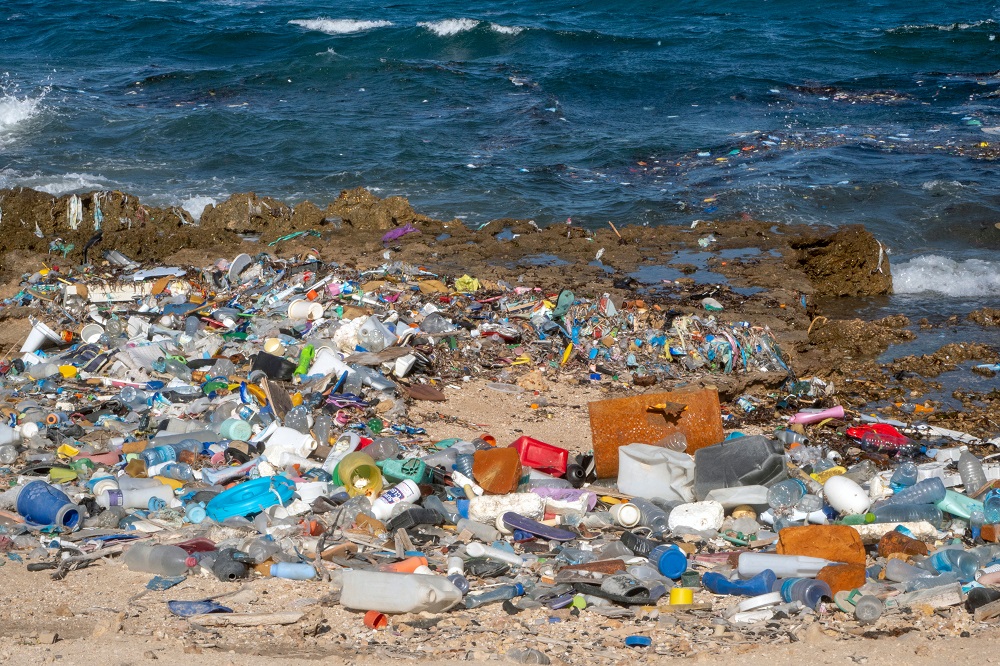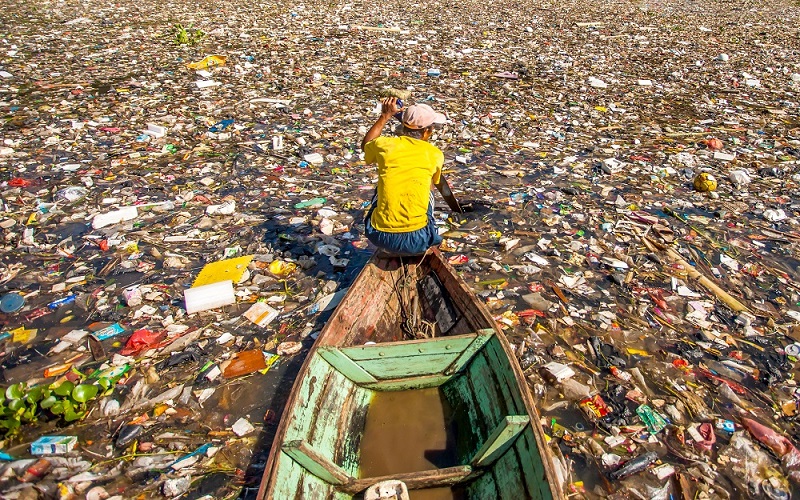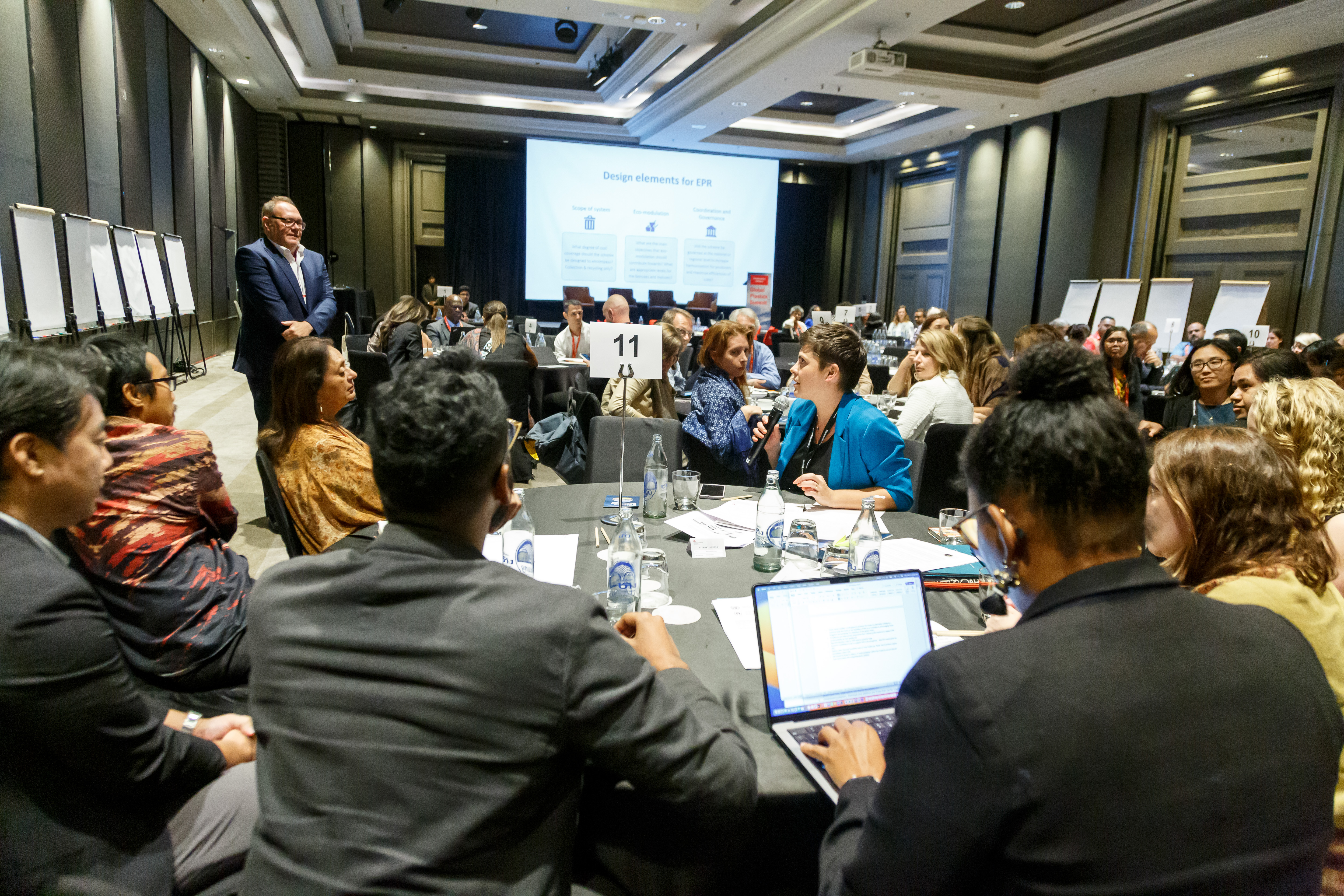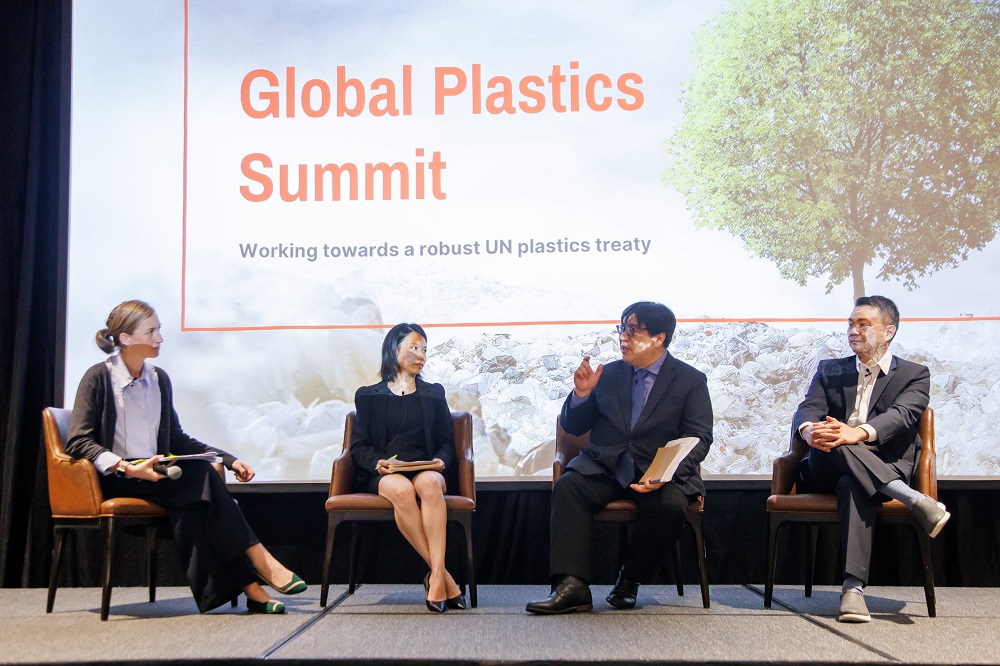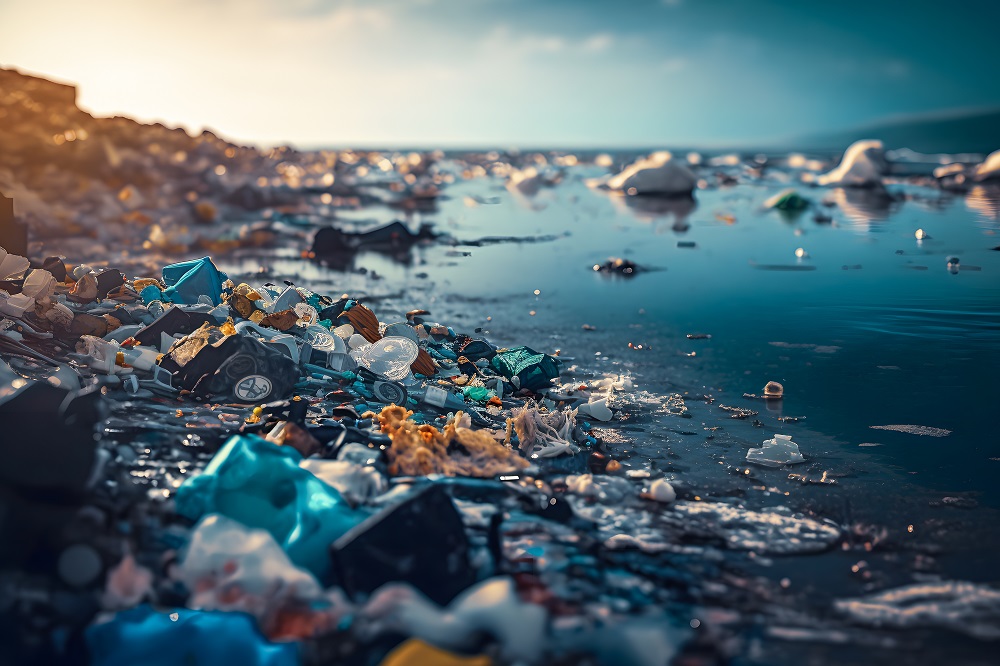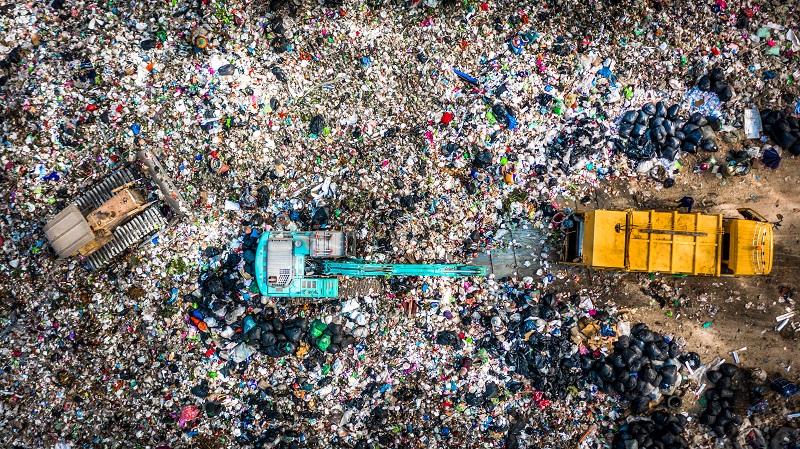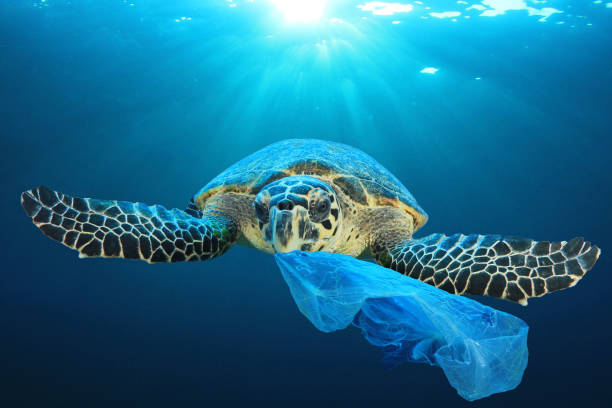Introduction
The Economist Impact and The Nippon Foundation Plastics Management Index ranks 25 countries globally across 44 indicators organised into three categories: governance, systemic capacity, and stakeholder engagement.
The South-East Asia report examines plastics management initiatives in Indonesia, Malaysia, Thailand, and Vietnam and shows a mixed picture of progress. Innovative initiatives are improving plastics recycling and the amount of plastics entering the ocean, and the index indicates strength in stakeholder engagement across all countries. However, there is inadequate action or stagnation in parts of the region, with weak governance in policy development, implementation, and monitoring.
Managing ocean plastics is a transboundary issue, and it requires cooperation regionally and between countries and cities for effective change. It also requires better facilitation of finance solutions and investment. Engagement from commercial and government players is vital and needs to be improved. A common voice between civil society and the private sector is also required to pressure regulators to drive systemic change. An agreement on the frameworks that guide plastics management efforts and coordination between those implementing change also needs to be improved to work together more efficiently and prevent duplication.
Key points
- Organisations managing plastic need to be more open to collaboration with other stakeholders, understand the common goals of a country or region, and cooperate more effectively to prevent duplication would enable better use of resources and more focused results.
- Ocean plastic is a transboundary issue, and the ASEAN secretariat needs to be empowered to coordinate stakeholder and inter-country action.
- The cities have the ultimate responsibility to clean up plastic waste, so they need to be incentivised and engaged in policy.
- Improved municipal engagement with the informal collectors, retailers and households could help shift behaviour and improve management systems.
- Different layers of frameworks span cities, states or provinces and countries. National policies provide an overall framework that facilitates better coordination of efforts. A holistic approach is key.
- The fishing, agriculture and tourism industries are large contributors to plastic waste and require better engagement than at present.
- Plastics management data exists, but cooperation between commercial and public partners is required to make it more accessible and available to the plastics management sector.
- The financial services sector will play a significant role in the future of plastics management, especially for developing infrastructure and circular economies.
- Funding is readily available, but a gap exists between innovation on the ground and what investors see as bankable projects.
- An effective intermediary could help bridge the divide between the cities and organisations developing infrastructure solutions and the finance sector and improve the business case for investment.
- APEC can have a role in scaling and replicating innovative infrastructure projects and investments.
Read more on the Plastic Management Index which examines plastic management through the lens of policy, regulation, business practice and consumer actions at a country level.
Back to Blue is an initiative of Economist Impact and The Nippon Foundation
Back to Blue explores evidence-based approaches and solutions to the pressing issues faced by the ocean, to restoring ocean health and promoting sustainability. Sign up to our monthly Back to Blue newsletter to keep updated with the latest news, research and events from Back to Blue and Economist Impact.
The Economist Group is a global organisation and operates a strict privacy policy around the world.
Please see our privacy policy here.
THANK YOU
Thank you for your interest in Back to Blue, please feel free to explore our content.
CONTACT THE BACK TO BLUE TEAM
If you would like to co-design the Back to Blue roadmap or have feedback on content, events, editorial or media-related feedback, please fill out the form below. Thank you.
The Economist Group is a global organisation and operates a strict privacy policy around the world.
Please see our privacy policy here.




 World Ocean Summit & Expo
2025
World Ocean Summit & Expo
2025 UNOC
UNOC Sewage and wastewater pollution 101
Sewage and wastewater pollution 101 Slowing
the chemical tide: safeguarding human and ocean health amid
chemical pollution
Slowing
the chemical tide: safeguarding human and ocean health amid
chemical pollution Hazardous chemicals in plastics - the discussions at INC
Hazardous chemicals in plastics - the discussions at INC








